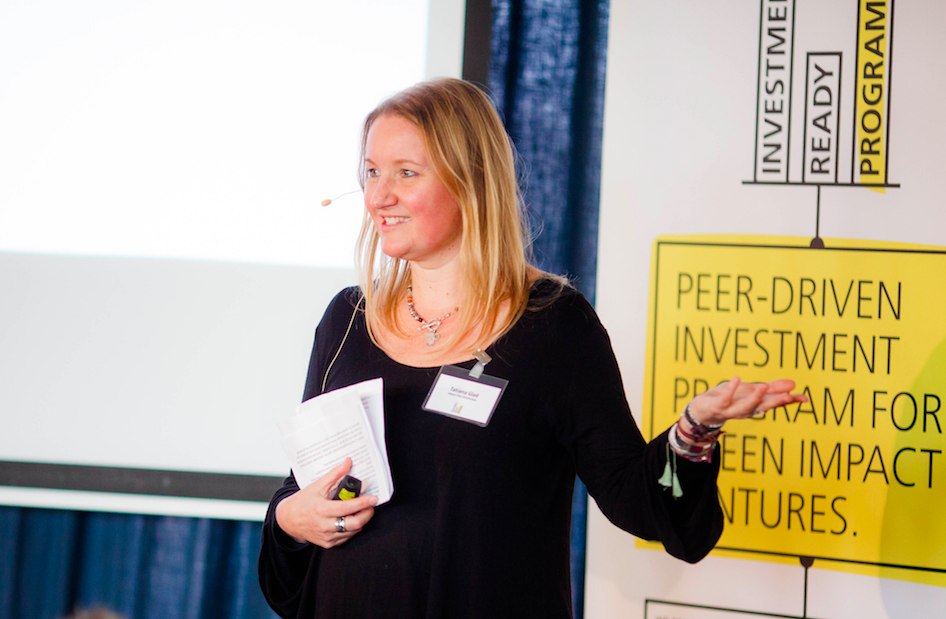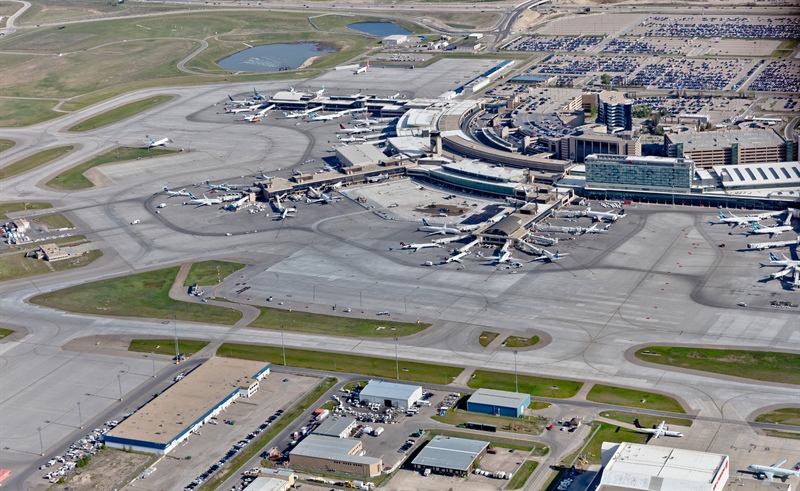
Photo: Screen-Shot-2018-08-29-at-13.41.13
How an impact hub is helping to transform Amsterdam
06 September 2018
by Jonathan Andrews
Jonathan Andrews met Tatiana Glad, Co-founder and Director of Impact Hub Amsterdam, a network of impact entrepreneurs and innovators, to speak about the hub’s 10th anniversary and how it fits into the city’s start-up ecosystem
You co-founded the Impact Hub in 2008. How did the idea come about?
There are many threads to this story. I was inspired by the first Impact Hub in Islington, London and I was also asking a lot of questions about the future of our city. Gathering citizens together to discuss the future of our city was the very first impetus.
What made you choose Amsterdam?
I moved here and started asking questions about the local environment. I felt people were waiting for the city to do things as opposed to getting engaged themselves. I grew up as the daughter of immigrants and was always taught to create your own future, to get involved in society, and to contribute to its betterment.
It’s the 10th anniversary of the Hub in Amsterdam this year. What have you seen change in those 10 years?
One is that when we started there really wasn’t anything going on in the impact entrepreneurship field. What’s changed, particularly in the last three or four years, is that enterprise and being an entrepreneur is a more acceptable career for young people.
A lot of the support services have also really grown to support entrepreneurs. There really wasn’t a sector before and I’d like to think that we’ve helped to shape it, but it was really slow going compared to the other countries I’ve lived in.
The last few years it’s taken off a lot more strongly.
What was the city’s attitude to Impact Hub in 2008 compared to now?
I’ve lived through a big shift in the city opening up more to it. I have to say that when we started the city was not as supportive as nowadays; they just didn’t understand what we were doing.
What fundamentally changed was that there were a few individuals within the city government who saw the potential of this sector and started to organise an action programme. Over the last three years, we’ve had a dedicated programme and they invited us in to create parts of it and to collaborate. I have served as a special expert on impact entrepreneurship to the city for the past two years.
What sets Amsterdam apart from the other cities Impact Hub works in?
Amsterdam is small enough that the ecosystems can connect more rapidly, so better interconnection can happen. It’s also a good testbed. The Dutch are quite pragmatic; they’re able to test things and get direct feedback, I think that’s good. In larger cities, if you’re looking at a London or a New York, it’s rare to find those testbeds. Can you create it in a neighbourhood? Can you work with an Impact Hub, or a like-minded organisation, and be able to do that in a district? Then you can start to see if something has sufficient ground to replicate. When you’re trying to do it with a city of millions it’s difficult.
Looking back at the last ten years, if you had the opportunity to go back and look at something from a different angle, what would you do differently?
I would probably work with the SME sector more, especially if you look at the last ten years and how they [SMEs] have grown, their opportunity for embedding impact and working collaboratively, and their stories of successful entrepreneurship.
What can cities do to work better with organisations like Impact Hub?
I’ve found it’s very hard to get an agenda on key issue areas to focus on from the city. The city doesn’t have to do the work, but we should be able to work with its ecosystem and they can help to set some priorities. It would be very helpful as we would be able to generate entrepreneurship in response to those priorities.
What I would have loved from the city was a shopping list, saying what they’re looking for. I could then reach out to my entrepreneurs and help them get investment ready and to grow and scale in response to real needs. There’s still a gap between what’s needed and what is on offer from entrepreneurs but we’re seeing some that are starting to close the gap over time.
What’s next for Impact Hub?
We’ve just decided on a new global strategy. One focus is how we work with other global networks and translate things into a more trans-local context because we have this capacity for contextualisation in different global markets. The other thing is how can people, particularly entrepreneurs, use our local network to scale. I don’t believe the future is in building a multinational but to work in more agile and trans-local manner. We have several trans-local programmes with other cities and entrepreneurs who work Hub to Hub between cities informally but can we actually help grow those trans-local enterprises to be more effective? That would be great, to have partnerships with cities that support cross-city collaboration at that level.







